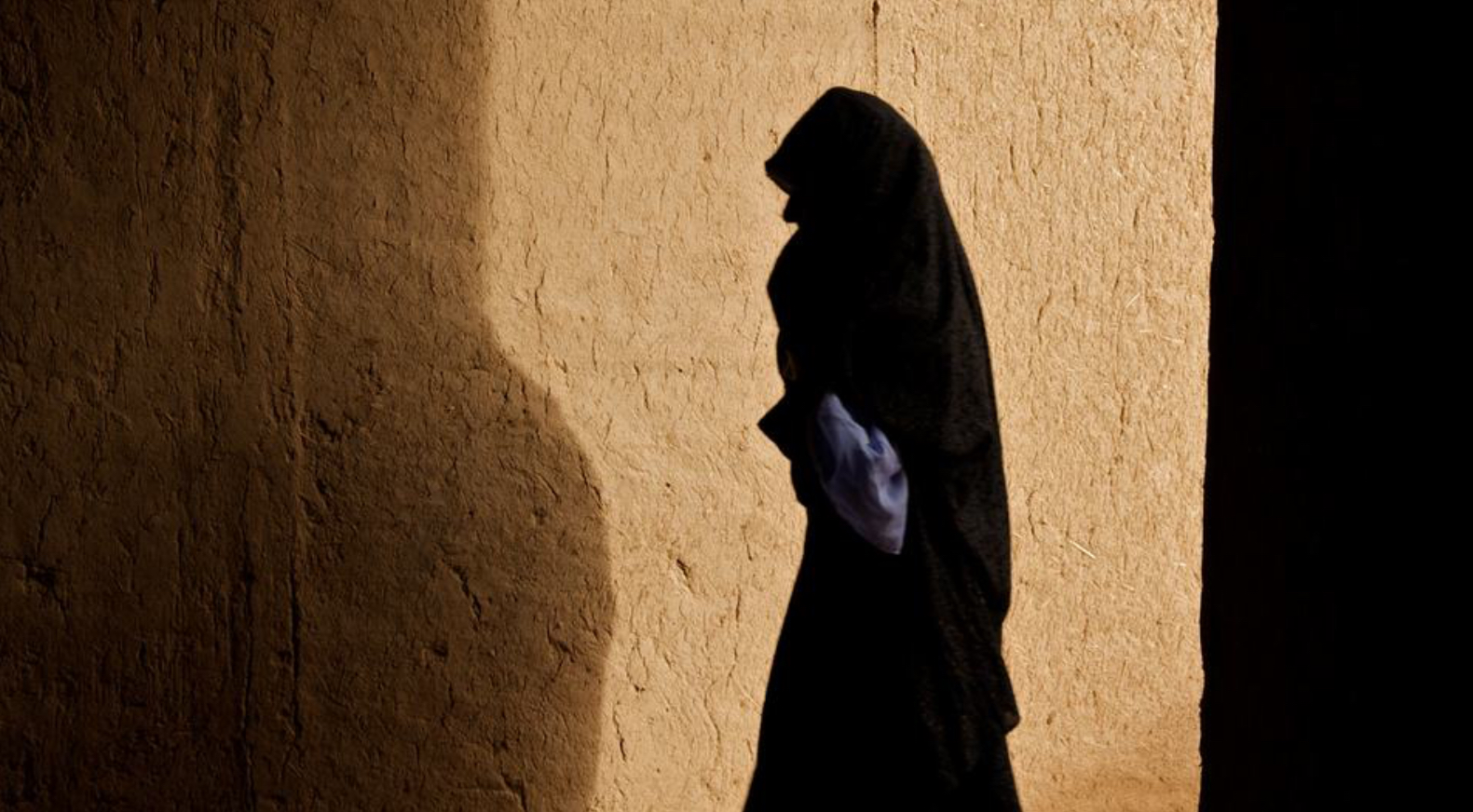The United Nations has reaffirmed its commitment to engaging with all stakeholders in Afghanistan, including the Taliban, despite recent tensions over a controversial new law. The global body’s spokesperson, Stéphane Dujarric, emphasized on August 30 that the UN will persist in advocating for human rights and equality in the country.

This stance comes in response to the Taliban's reported rejection of UN criticism concerning the law on the promotion of virtue and the prevention of vice," enacted last week. The law, which has been described as a "distressing vision" for Afghanistan's future by UNAMA and other UN entities, imposes a range of restrictive measures, particularly targeting women's rights.
The Taliban's "morality police" have announced they will cease cooperation with the UN Assistance Mission in Afghanistan (UNAMA) following the international condemnation of the new law. Dujarric addressed this at a press briefing in New York, stating that the UN’s engagement will continue impartially and in good faith, as mandated by the Security Council.
“The Organization will continue to engage with all stakeholders in Afghanistan, including the Taliban, while upholding the norms of the UN,” Dujarric said. He also called for increased diplomatic engagement from the Taliban authorities.
The law on the promotion of virtue and the prevention of vice enforces stringent regulations, including mandatory full-body covering for women, a ban on public female voices, and restrictions on their movement without a male relative. It also imposes requirements on men to grow beards, prohibits music in vehicles, and limits media content. Broad powers are granted to state officials for detaining and punishing individuals.
UN independent human rights experts have condemned the law, highlighting its resemblance to the Taliban's repressive rule in the 1990s. They express grave concern over the extensive authority granted to morality inspectors to detain and punish individuals without due process.
Experts urge international actors and UN Member States to develop a robust, principled, and coordinated strategy for Afghanistan, emphasizing human rights and gender equality. These experts, appointed by the Geneva-based Human Rights Council, monitor and report on human rights issues independently of the UN and governments.
Follow Daryo's official Instagram and Twitter pages to keep current on world news.
Comments (0)